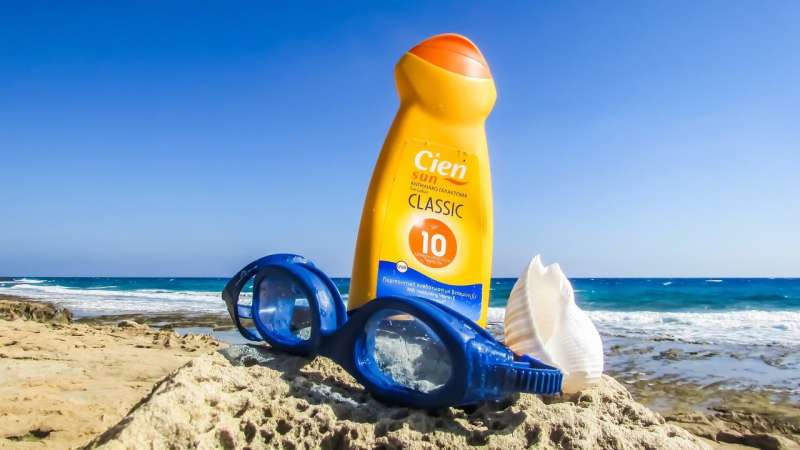Credit: CC0 Public Domain
Sunscreen can reduce the sun's adverse effects, but there are concerns that it might inhibit the body's production of vitamin D. In a newBritish Journal of Dermatologystudy, however, investigators recorded an increase of vitamin D in participants during a week of cloudless weather, with very high UV index, even when sunscreens were usedproperly and prevented sunburn.
Sunlight contains UVA and UVB radiation, and the latter is essential for vitamin D synthesis.Two sunscreens with the same SPF were compared.Sunscreen with a high UVA protection factor enabled significantly higher vitamin D synthesis than a low UVA protection factor sunscreen, likely because it allows more UVB transmission.
The findings indicate that the benefits of sunscreen use can be obtained without compromising vitamin D levels.
"Sunlight is the main source of vitamin D. Sunscreens can prevent sunburn and skin cancer, but there has been a lot of uncertainty about the effects of sunscreens on vitamin D," said lead author Prof. Antony Young, of King's College London. "Our study, during a week of perfect weather in Tenerife, showed that sunscreens, even when used optimally to prevent sunburn, allowed excellent vitamin D synthesis."
More information: A.R. Young et al. Optimal sunscreen use, during a sun‐holiday with a very high UV index, allows vitamin D synthesis without sunburn, British Journal of Dermatology (2019). DOI: 10.1111/bjd.17888
Journal information: British Journal of Dermatology
Provided by Wiley























